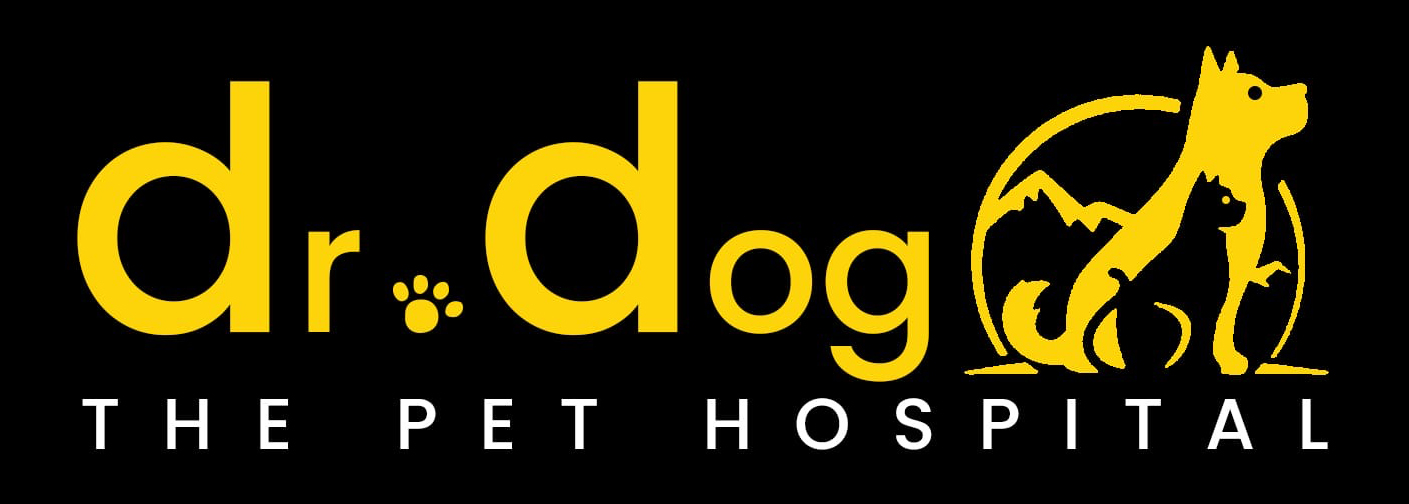Faqs
- Home
- Faqs
Common signs of illness in pets include lethargy, decreased appetite, vomiting, diarrhea, difficulty breathing, and changes in behavior. If you notice any of these signs, it's important to consult with a veterinarian promptly for proper diagnosis and treatment.
Regular veterinary check-ups are essential for maintaining your pet's health. Typically, dogs and cats should have annual wellness exams, but the frequency may vary based on factors such as age, breed, and existing health conditions. Your veterinarian can recommend an appropriate schedule for your pet.
Vaccinations are crucial for preventing various diseases in pets. The specific vaccines your pet needs depend on factors such as species, lifestyle, and risk of exposure. Common vaccines for dogs include rabies, distemper, and parvovirus, while cats typically receive vaccines for rabies, feline leukemia, and upper respiratory infections.
Dental care is an important aspect of pet health. You can help keep your pet's teeth clean by providing dental chews and toys, brushing their teeth regularly with pet-safe toothpaste, and scheduling professional dental cleanings as recommended by your veterinarian.
In case of a pet emergency, it's crucial to remain calm and seek immediate veterinary care. Have the contact information for an emergency veterinary clinic readily available. If possible, administer first aid as instructed by your veterinarian or animal poison control hotline before transporting your pet to the clinic.

